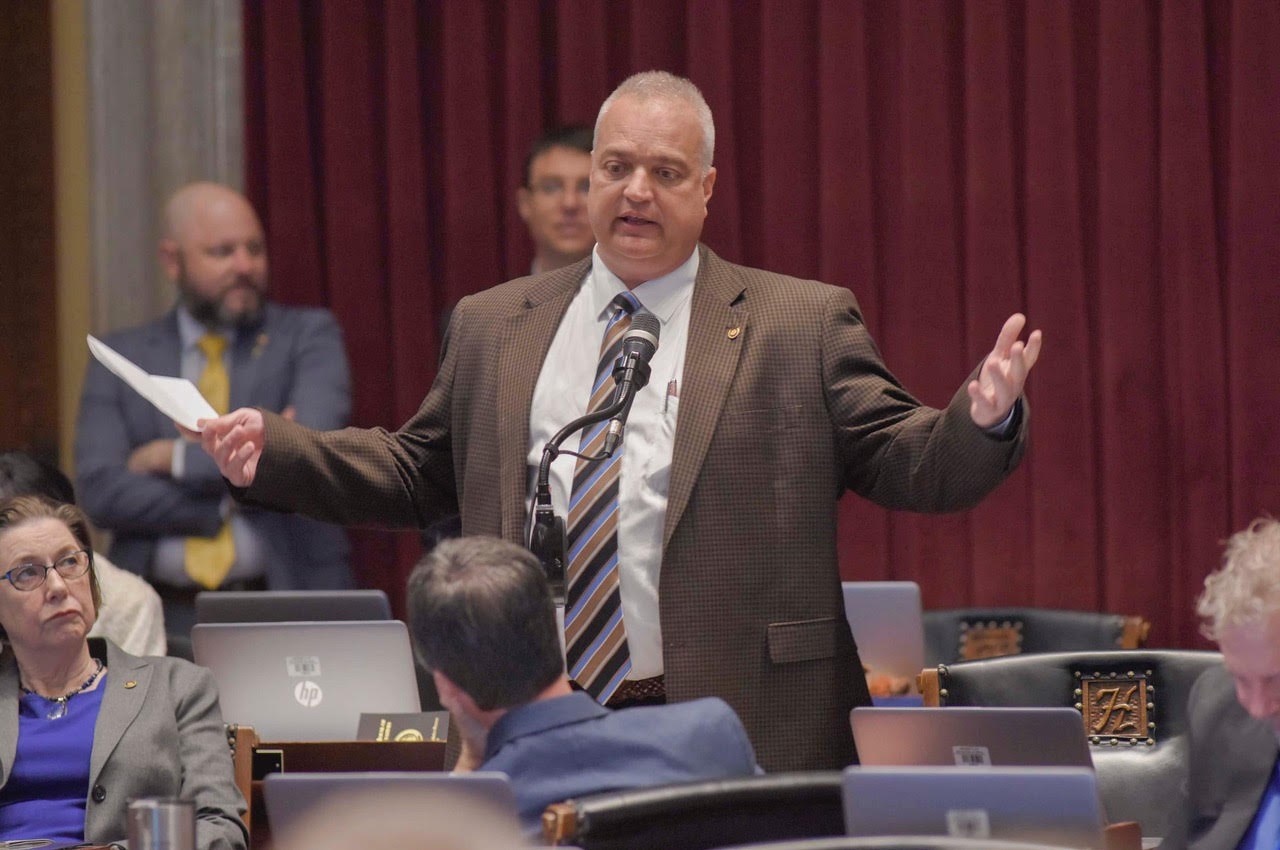JEFFERSON CITY, Mo. — The Missouri House perfected legislation Wednesday that would establish a program to allow infants to remain with incarcerated mothers in certain instances for up to 18 months.
The program is touted as an effort to not only lower recidivism rates but give newborn children an opportunity to bond with their mothers which could minimize the risks of cognitive and behavioral delays later in childhood.
The effort, championed by Rep. Bruce DeGroot, has received broad bipartisan support. It unanimously passed out of the House Judiciary Committee in January.
Sen. Tony Luetkemeyer has sponsored a similar bill in the upper chamber. The bill was recently passed out of the Senate Seniors, Families, Veterans & Military Affairs Committee.
“When I first got elected, I wanted to make Missouri a better place. This bill makes Missouri a better place,” DeGroot, a Republican from St. Louis County, told The Missouri Times. “I am proud of co-sponsor Rep. Curtis Trent and the response on the floor of the entire House of Representatives.”
“This bipartisan bill is a humane effort to make life better for both the newborn and the mother at a critical time,” Rep. Tracy McCreery, a Democrat, said. “I enjoyed working with the sponsors and stakeholders during the interim to move this policy forward.”
HB 1897 would instruct the Department of Corrections to install a correctional center nursery in at least one of the 26 correctional centers for women overseen by the department. Eligible inmates and their children born while in custody can then reside together for up to 18 months.
To be eligible, an incarcerated woman must comply with certain educational and counseling requirements, abide by court decisions regarding parental rights, and specify the guardianship of the child should the participation in the program be terminated, among other things.
A sentencing court would not be allowed to have authority over the placement of a woman into the program.
In an August 2021 piece for The Missouri Times, DeGroot and Trent said the program would ultimately save taxpayers money and improve maternal health, child development, recidivism rates, and foster care cost savings.





































